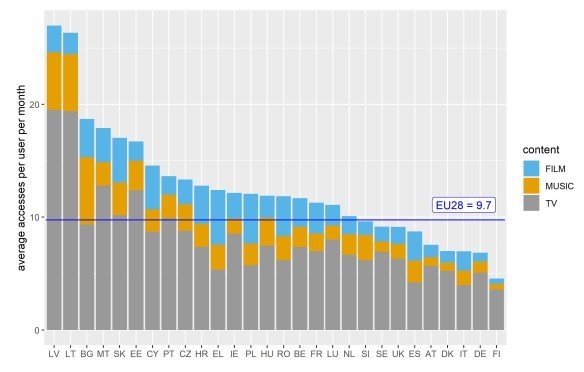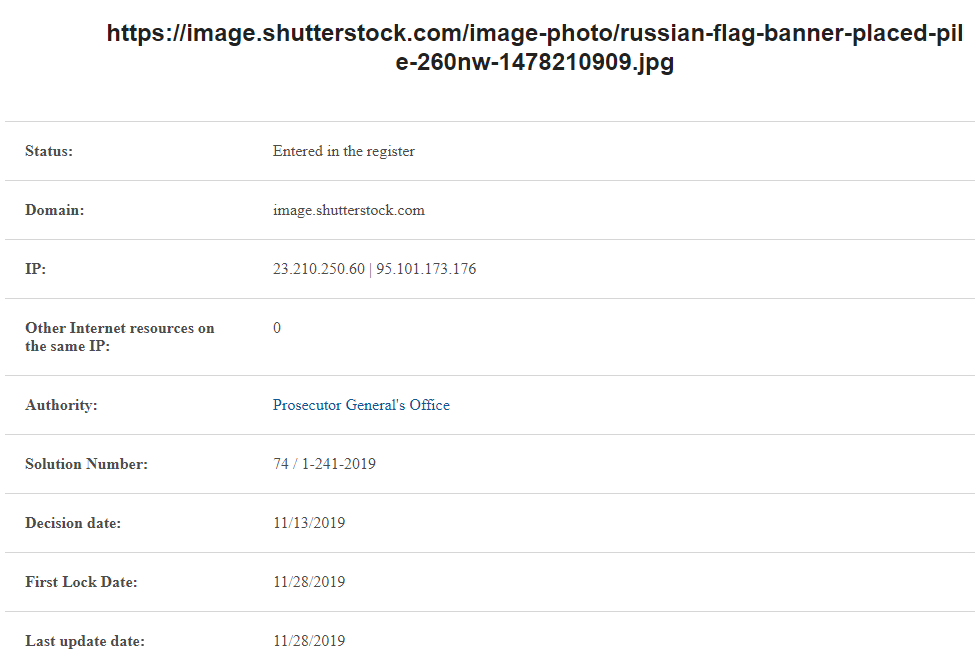IPTV Service Easily Circumvents First Canadian Piracy Blockade
jeudi 5 décembre 2019 à 21:09
Last month Canada’s Federal Court approved the first piracy blockade in the country.
Following a complaint from major media companies Rogers, Bell and TVA, the Court ordered several major ISPs to block access to domains and IP-addresses of the pirate IPTV service GoldTV.
A few days after the order was issued the first blockades were active. These prevent GoldTV customers from accessing the IPTV portal directly, as intended. As we’ve seen in the past, however, not everyone affected is giving up that easily.
Faced with the blocking error, many users went looking for alternatives. Through various public forums, people asked for advice, which was never far away. At the same time, it appears that GoldTV’s operators also took action.
Instead of relying on the blocked domains, GoldTV is now accessible through a new portal, using a fresh domain name. Instead of the edge.tm URL, several resellers are now publicly directing users to the beex.me domain, which isn’t blocked, yet.
Whether that will last is doubtful, as rightsholders are also keeping a close eye on these changes. They previously added edge.tm to the complaint when GoldTV switched, and are likely to add the new domain to the blocklist as well.
The Federal Court order allows the rightsholders to request ISPs to update their blocklists. To do so, they have to file an affidavit. Internet providers then have ten business days to file any objections. If there are none, the Court may grant the requested update without any hearings.
This means that, in theory, this cat-and-mouse game can continue for months. This is similar to what we have seen with site blocking efforts in other countries. However, there are other workarounds being discussed as well.
IPTV Global Server, which describes itself as a GoldTV reseller, has created a detailed circumvention guide for customers. Aside from updating the URL, the company points out that switching to a VPN is a more permanent solution.
“As evident in the court case itself, bypassing this block is not difficult, and simply requires you to use a VPN when accessing Gold (Global) services. Alternatively the host can change the portal URL at anytime to bypass the block,” Global writes.
The reseller links to two VPN services which it has “partnered” with and provides affiliate links, which help the company to bring in some extra revenue as well.

While Global’s guide is useful to blocked GoldTV users, the company’s decision to create a URL that directly links to the latest access portal could potentially result in its own domain name being blocked as well.
The court order allows any (sub)domain to be added to the blocklists, as long as its sole or predominant use is to facilitate access to GoldTV’s services. While a generic VPN wouldn’t immediately fit that category, a dedicated ‘circumvention’ guide likely would.
At the time of writing it’s unclear whether any of the rightsholders have already submitted proposed additions to the blocklist.
What is clear, however, is that the blocking case is far from over. Last week, Internet provider TekSavvy filed an appeal. Among other things, the company argued that the Court’s order undermines the open Internet to “protect the profits and business models of a handful of powerful media conglomerates.”
Source: TF, for the latest info on copyright, file-sharing, torrent sites and more. We also have VPN reviews, discounts, offers and coupons.






